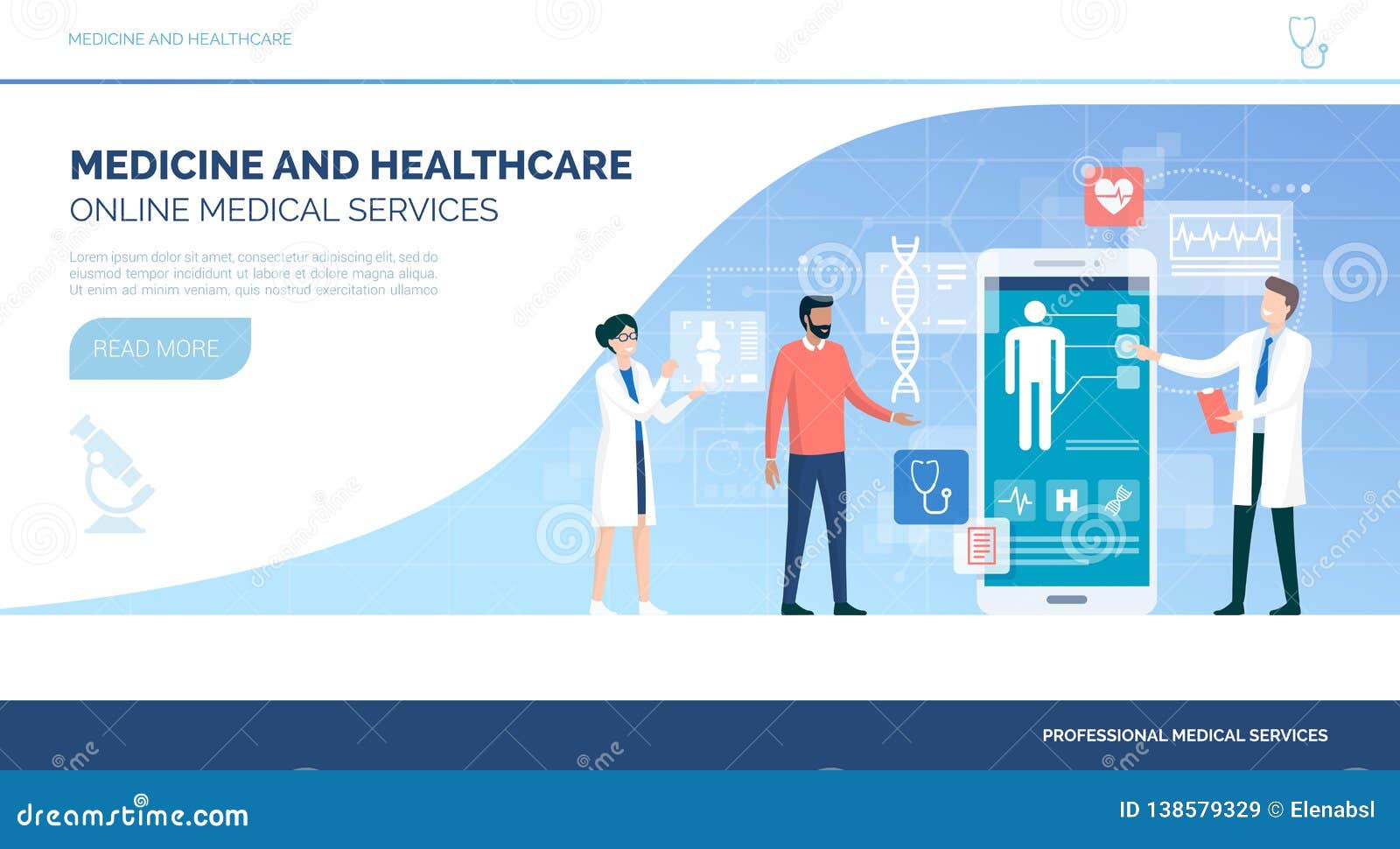The Future of Medication: Checking Out Subscription Based Healthcare Designs
The Future of Medication: Checking Out Subscription Based Healthcare Designs
Blog Article
Navigating the Future of Medicine With Subscription-Based Health Care Services
As the healthcare industry advances, subscription-based services emerge as a pivotal model assuring to improve individual treatment shipment. With the potential to supply structured, cost-efficient options through foreseeable prices and tailored attention, these services stand at the forefront of modern-day medical innovation. As we consider their surge, one need to ponder the effects of integrating such systems into existing medical care frameworks. What obstacles do they present in terms of information protection and equitable accessibility, and exactly how might they redefine the patient-provider partnership? The response to these questions might fundamentally change our approach to healthcare.
Surge of Registration Healthcare
As health care systems all over the world face enhancing stress from climbing costs and demand for solutions, the arrival of subscription-based healthcare designs has actually become a transformative trend. This ingenious method is interfering with traditional healthcare delivery by supplying a predictable, flat-rate payment structure for clinical services. Rooted in the concepts of attendant medication, subscription-based medical care permits carriers to concentrate on customized individual treatment while all at once managing operational effectiveness.
The boosting consumer demand for openness and predictability in health care expenditures has actually driven the shift in the direction of this design. Subscription-based solutions often supply straight access to medical care specialists, which can lower the management concerns linked with insurance policy claims and compensations.
This model is obtaining traction amongst diverse healthcare service providers, from primary treatment physicians to specialized centers, by aligning economic rewards with preventative and constant care. By changing the focus from quantity to value-based treatment, subscription health care has the possible to reshape the landscape, cultivating a more patient-centered and sustainable strategy to health administration.
Advantages for Clients

Additionally, subscription-based services typically stress preventive care, encouraging regular check-ups and wellness screenings. This positive strategy can result in very early detection of health issues, potentially improving end results and decreasing lasting healthcare costs for patients. Furthermore, such versions usually use transparent prices, enabling individuals to better recognize their medical care costs and prevent unforeseen clinical costs.
The personalized nature of subscription-based health care additionally improves person experience. Clients can get customized medical care plans that match their specific needs, fostering a much more patient-centric strategy.
Technology's Function in Makeover

Expert system (AI) plays an important duty in predictive analytics, aiding in early medical diagnosis and customized therapy plans. AI formulas assess substantial datasets to recognize patterns that could be forgotten by human monitoring, hence boosting professional decision-making. In addition, digital health and wellness records (EHRs) improve client information management, ensuring connection and coherence of care throughout various solutions and carriers.
Blockchain modern technology improves information safety and privacy, essential for keeping individual rely on electronic systems. It allows protected and transparent purchases of medical information, making certain that sensitive details stays protected. With the combination of machine understanding and AI, blockchain can automate complex healthcare processes, decreasing administrative burdens.
Factors To Consider and difficulties
While modern technology propels the capacities of subscription-based medical care solutions, it additionally presents a set of challenges and factors to consider that should be resolved to ensure successful execution. One significant difficulty is the fair ease of access of these solutions. As registration models typically count on digital systems, there is a risk of worsening the electronic divide, leaving people without investigate this site internet gain access to or electronic proficiency. Ensuring these services do not disproportionately profit only tech-savvy and wealthy populations is essential.
Data privacy and safety and security represent another important consideration. Subscription-based solutions frequently involve the collection and storage of vast amounts of individual health info. Carriers should stick to rigid information protection regulations to maintain person trust fund and protect against unapproved access, which can bring about considerable honest and legal effects.
As health care requires evolve, preserving a cost-efficient balance between membership fees and solution top quality is important to stop patient discontentment and attrition. Addressing these difficulties is crucial as subscription-based healthcare services proceed to evolve and broaden.
Future Implications for Medicine
Subscription-based healthcare services are poised to dramatically influence the future landscape of medication by reshaping just how treatment is accessed and delivered. These designs use the possible to equalize medical care accessibility, giving people with even more personalized and timely interventions. By leveraging technology, such as telemedicine and data analytics, membership solutions can assist in constant surveillance and tailored wellness monitoring, hence boosting outcomes and lowering the concern on standard health care systems.
As these services gain traction, they might stimulate a shift in the direction of preventative treatment, stressing the relevance of early discovery and administration of persistent conditions. This proactive strategy may ultimately decrease health care costs by mitigating the need for costly treatments occurring from late-stage illness management. Subscription designs offer a scalable remedy to attend to differences in healthcare access, specifically in underserved or country populaces.
However, the change in the direction of subscription-based versions requires addressing ethical and regulatory considerations, consisting of information personal privacy and fair accessibility. As the industry develops, joint efforts between policymakers, innovation developers, and medical care companies will certainly be essential to developing robust structures that secure person passions while promoting advancement. Inevitably, these solutions guarantee to contribute substantially to an extra effective, patient-centered health care ecological community.

Final Thought
Subscription-based health care services stand for a substantial advancement in the clinical field, supplying foreseeable costs and customized treatment that boost availability and focus on preventive actions. Technological developments, such as telemedicine and AI-driven analytics, promote tailored client experiences, boosting general health and wellness end results. Obstacles such as information personal privacy and fair access should be dealt with to make sure the i loved this prevalent advantages of these solutions. As click now the medical care landscape advances, subscription models are poised to play a vital function in forming the future of medication.
As the healthcare market progresses, subscription-based solutions emerge as a pivotal version assuring to reshape client treatment shipment.As health care systems around the world face increasing pressures from rising prices and need for services, the advent of subscription-based healthcare designs has arised as a transformative trend (subscription based healthcare).With the surge of subscription-based medical care designs improving standard medical care distribution, people are starting to experience significant advantages from this ingenious approach. As health care requires progress, maintaining an affordable equilibrium between registration fees and solution high quality is vital to protect against client frustration and attrition.Subscription-based health care solutions are poised to dramatically influence the future landscape of medication by reshaping exactly how care is accessed and provided
Report this page